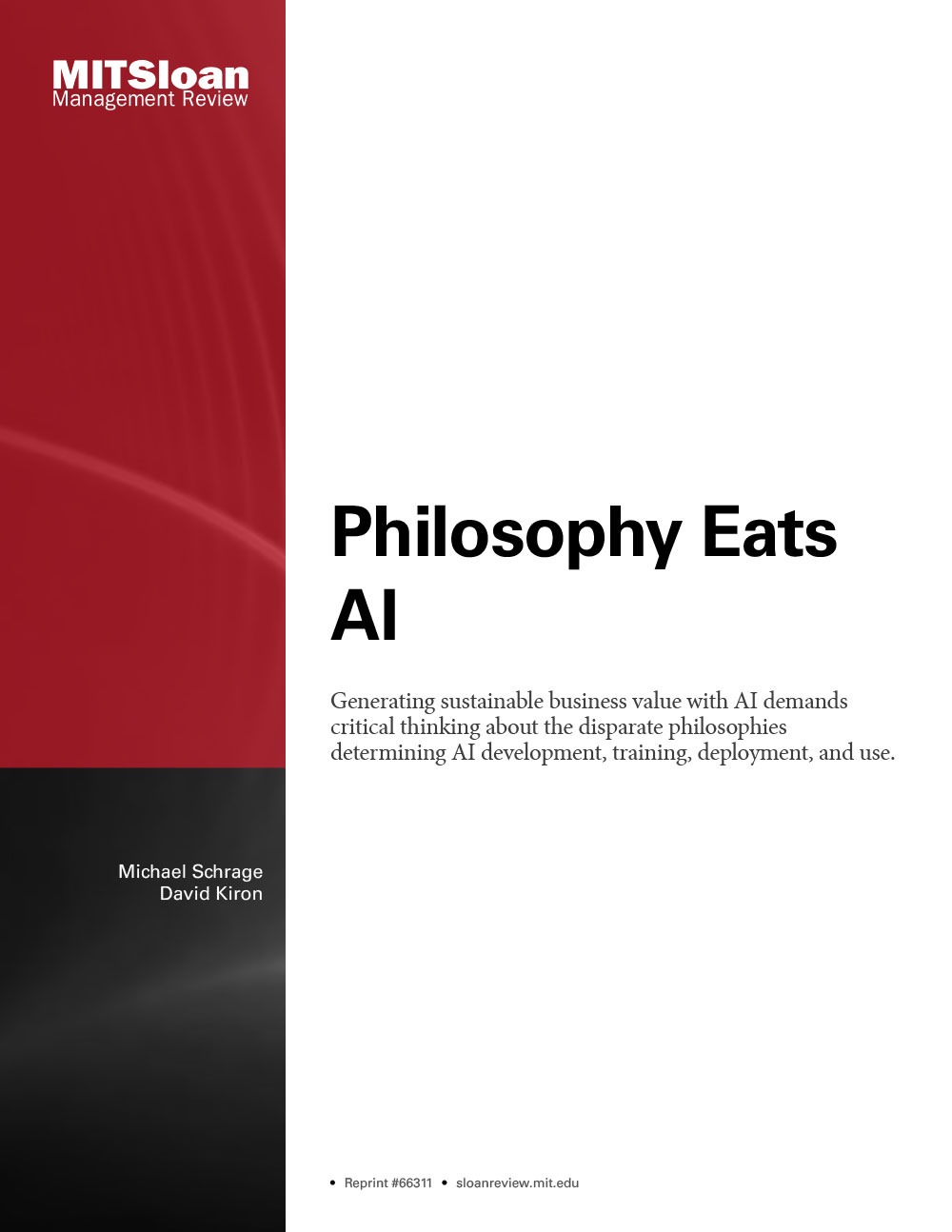
Managing Codified Knowledge
Firms can derive significant benefits from consciously, proactively, and aggressively managing their explicit and explicable knowledge, which many consider the most important factor of production in the knowledge economy. Doing this in a coherent manner requires aligning a firm's organizational and technical resources and capabilities with its knowledge strategy. However, appropriately explicating tacit knowledge so it can be efficiently and meaningfully shared and reapplied -- especially outside the originating community -- is one of the least understood aspects of knowledge management. This suggests a more fundamental challenge, namely, determining which knowledge an organization should make explicit and which it should leave tacit -- a balance that can affect competitive performance.
The management of explicit knowledge utilizes four primary resources that the author details: repositories of explicit knowledge; refineries for accumulating, refining, managing, and distributing the knowledge; organization roles to execute and manage the refining process; and information technologies to support the repositories and processes. On the basis of this concept of knowledge management architecture, a firm can segment knowledge processing into two broad classes: integrative and interactive -- each addressing different knowledge management objectives. Together, these approaches provide a broad set of knowledge-processing capabilities. They support well-structured repositories for managing explicit knowledge, while enabling interaction to integrate tacit knowledge.
The author presents two case studies of managing explicit knowledge. One is an example of an integrative architecture for the electronic publishing of knowledge gleaned by industry research analysts. The second illustrates the effective use of an interactive architecture for discussion forums to support servicing customers. Zack also discusses several key issues about the broader organizational context for knowledge management, the design and management of knowledge-processing applications, and the benefits that must accrue to be successful.
In summary, organizations that are managing knowledge effectively (1) understand their strategic knowledge requirements, (2) devise a knowledge strategy appropriate to their business strategy, and (3) implement an organizational and technical architecture appropriate to the firm's knowledge-processing needs.




